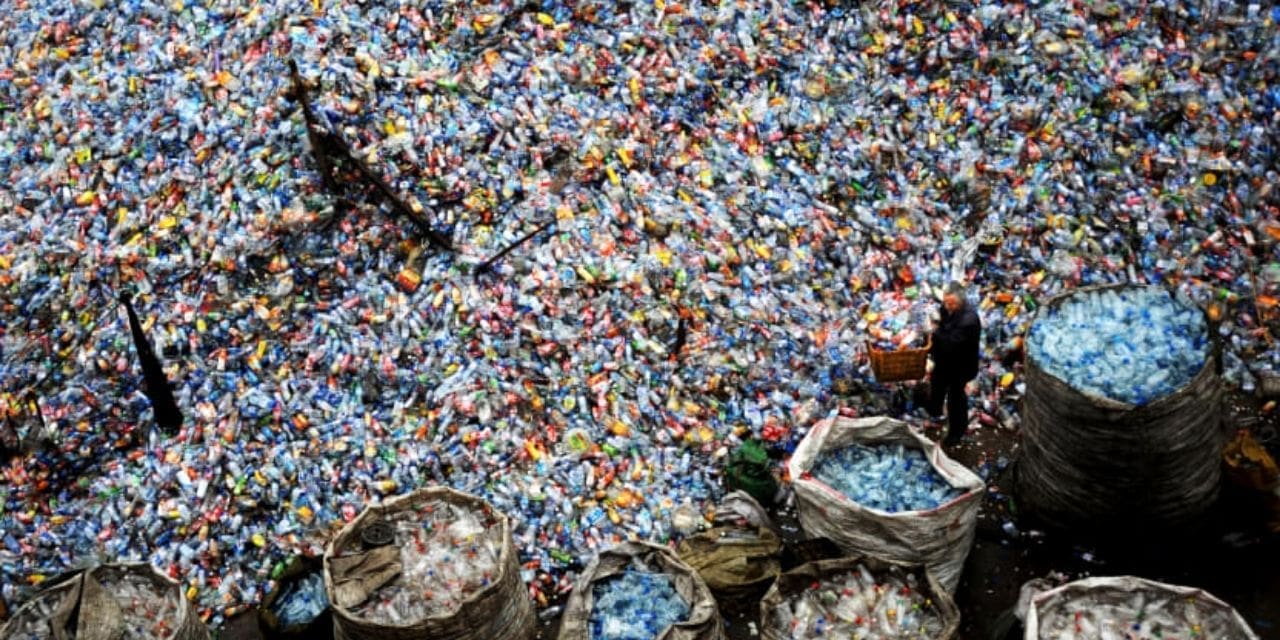What are microplastics?
They’re tiny shreds of plastic found in our air, water, and soil, ranging from 5 mm — about the size of a grain of rice — to less than a micron. Human beings have produced more than 8 billion metric tons of plastic since the 1950s, less than 10 percent of which has been recycled. As a result, phenomenal amounts of plastic waste fill our rivers, oceans, and shorelines. Plastic doesn’t biodegrade over time — it just breaks down into ever-smaller particles. In addition to bottles, utensils, straws, and other single-use plastics, sources include car tires, cigarette butts, packaging, fishing nets, and polyester fabrics, which collectively have shed trillions of microfibers. Since scientists first became concerned about microplastics a few decades ago, they’ve been stunned to learn these tiny particles quite literally blanket the globe. They’ve been found in Arctic snow, in soil samples from Swiss nature reserves, on Mount Everest, and in the Pacific Ocean’s Mariana Trench — 7 miles below the surface. “Nowhere — no matter how remote — is immune,” said Alan Jamieson, a Newcastle University scientist who has found plastic fibers in the stomachs of deepwater sea creatures. Microplastics are also increasingly found in our bodies.
Where in our bodies?
A pair of studies unveiled in March and April found microscopic particles in subjects’ blood and deep in their lungs. In the blood study, a team of Dutch scientists found plastics — including those used to make beverage bottles and packaging — in samples from 17 out of 22 healthy blood donors. In the lung study, researchers from the U.K.’s Hull York Medical School took 13 lung samples from surgical patients and found microplastics in 11 of them, including samples from deep in the lower lungs. Microplastics have been found in stool samples and in the placentas of unborn babies. That latter finding was “very worrying,” said Elizabeth Salter Green of Chem Trust, a U.K. charity focused on chemical harm. “Babies are being born pre-polluted.”

